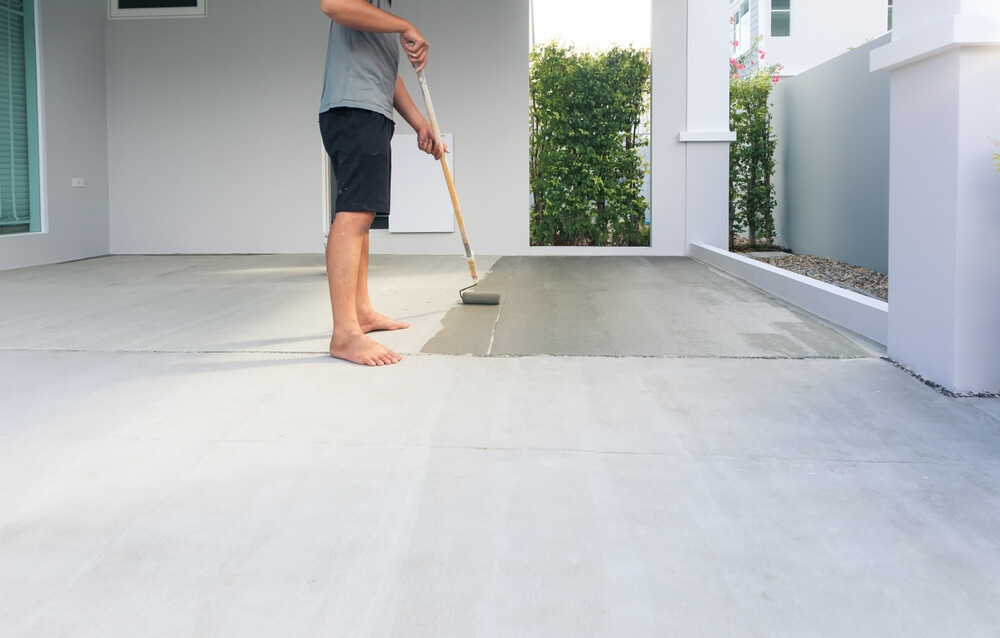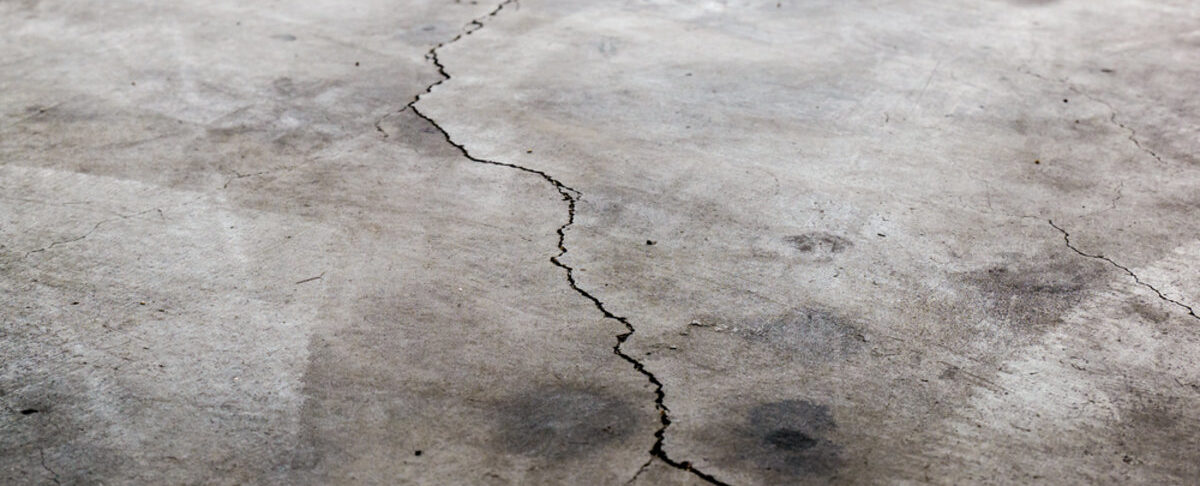Cracks in concrete garage floors are a common concern for homeowners. Over time, exposure to heavy vehicles, fluctuating temperatures, and natural settling can cause these cracks to develop, compromising both the appearance and structural integrity of the floor. Fortunately, addressing this problem is a manageable task, whether you take the DIY route or hire a professional. This guide will walk you through the process of repairing garage floor cracks, while also offering tips to prevent future damage.
Understanding the Cause of Cracks
Before diving into repairing cracks in concrete garage floors, it’s important to understand why cracks form in the first place. Identifying the root cause will help ensure that your repair efforts are effective and long-lasting. Common causes include:
Ground Shifting or Settling
The ground beneath your garage can shift or settle over time, creating uneven pressure on the concrete slab. This movement can lead to cracks, particularly if the ground was not properly compacted during construction.
Moisture Intrusion
Water is a frequent culprit behind concrete damage. When moisture seeps into small crevices, it can freeze and expand during colder months, widening existing cracks or creating new ones. Poor drainage around the garage can exacerbate this issue.
Temperature Changes
Concrete naturally expands and contracts with temperature fluctuations. Without adequate expansion joints, this constant movement can create stress on the surface, resulting in cracks.
Wear and Tear
Heavy use, such as parking vehicles, dropping tools, or storing heavy equipment, can cause gradual surface degradation. Over time, the combination of stress and wear can lead to visible cracks.
These can also be the possible causes for cracks in concrete driveways and concrete stoops and steps. By pinpointing the reason behind your garage floor cracks, you can take steps to fix them and minimize the likelihood of recurrence or a garage floor replacement.
Essential Tools and Materials for Repair
Repairing cracks in garage floors doesn’t require advanced tools, but having the right materials on hand will make the process smoother and more effective. Here’s what you’ll need:
- Wire brush or grinder (to clean and prep the crack)
- Shop vacuum or broom (to remove debris)
- Concrete crack filler or epoxy-based repair kit
- Trowel or putty knife (to apply and smooth the filler)
- Safety equipment such as gloves, goggles, and a dust mask
Step-by-Step Guide to Fixing Cracks
Let’s break down the process of repairing cracks into simple, actionable steps:
Clean the Area
A clean surface is critical for successful repairs. Start by removing any dirt, dust, and debris from the cracked area using a wire brush or grinder. Pay special attention to loose concrete or old filler, as these can interfere with the bonding of new materials. Once the area is scrubbed clean, use a shop vacuum or broom to clear away any remaining particles.
Evaluate the Size of the Crack
Not all cracks in concrete garage floors are the same, and the appropriate repair method depends on their size and depth. Hairline cracks, which are thin and confined to the surface, generally don’t affect the structural integrity of the slab and can often be fixed with a liquid concrete filler.
In contrast, wider or deeper cracks demand more comprehensive attention, typically requiring an epoxy-based filler or a concrete patching compound to restore strength and durability to the surface. Understanding the type of crack helps ensure the repair is both effective and long-lasting.
Apply the Filler
Once the crack is prepped, the next step is to fill it using the appropriate material. For liquid fillers, simply pour the solution directly into the crack, allowing it to flow into all crevices, and follow the manufacturer’s instructions regarding drying times.
If you’re using an epoxy or patching compound, mix the product as directed and use a trowel or putty knife to carefully press the material into the crack, ensuring it is packed tightly. Afterward, smooth the surface to create a clean, even finish.
Allow the Repair to Cure
After applying the filler, allow sufficient time for the material to cure. Most fillers and epoxies require 24 to 48 hours to set completely, but this can vary depending on the product and environmental conditions. Avoid parking or placing heavy items on the repaired area until it’s fully cured.
Preventing Future Cracks
Repairing cracks is only part of the solution. Taking proactive measures to prevent future damage will save you time and money in the long run.
Seal the Surface
Applying a concrete sealer creates a protective barrier that shields the floor from moisture, chemicals, and stains. Sealing the surface also reduces the chances of cracks forming due to water intrusion or wear.
Control Moisture Levels
Excessive moisture can weaken concrete over time. Ensure that your garage has proper drainage and consider installing a dehumidifier to manage indoor humidity.
Install Expansion Joints
Expansion joints help absorb movement caused by temperature changes, reducing stress on the concrete slab. Adding or maintaining these joints can prevent cracks caused by expansion and contraction.
Maintain Regularly
Inspect your garage floor periodically for early signs of damage. Small cracks are easier to repair and less expensive to fix than large ones.
When to Consider Professional Help

While many cracks can be repaired with DIY methods, some situations call for professional intervention. If your garage floor has extensive damage, deep or spreading cracks, or underlying structural issues, hiring a concrete expert is the best option. A professional can assess the condition of your floor, recommend the most effective solutions, and use industrial-grade materials for lasting results. Richfield Blacktop is a trusted name in the industry, offering expert guidance and repair services for concrete garage floors. Whether you need a simple crack repair or a complete resurfacing, our team can ensure your garage floor remains durable and functional. For more information, contact Richfield Blacktop today.




